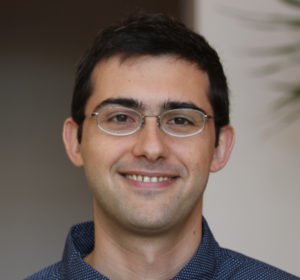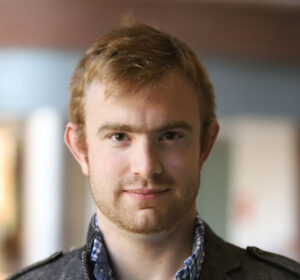When: February 7, 2023
Where: Walter E. Washington Convention Center, Room TBA
**Tentative Schedule, subject to change:
Opening Remarks
Garrett Katz, Syracuse University
9:15-9:30am
Program Synthesis using Transformers and Sequence Prediction Models [
Slides]
Shirish Karande, TCS Research
Ganesh Prasath, TCS Research
9:30-10:15am
From Language Modeling to Grammar-Guided Code Sketch Generation [
Slides]
Alexey Svyatkovskiy, Microsoft Research
10:30-11:00am
Staged Relational Programming for Synthesis
Nada Amin, Harvard University
William Byrd, University of Alabama at Birmingham
11:15am-12:00pm
Metamath and Metamath Zero [
Slides]
Mario Carneiro, Carnegie Mellon University
1:00-1:55pm
Cross-over with
Inductive Logic Programming tutorial
Andrew Cropper, University of Oxford
2:00-4:00pm
Opportunities for Synergy between Automated Program and Proof Synthesis Techniques
Group Discussion
4:30-5:00pm



